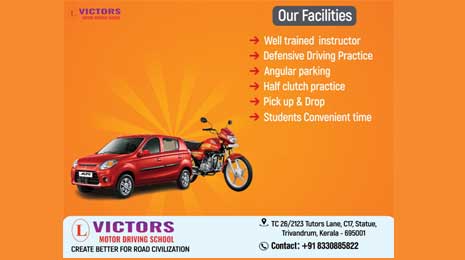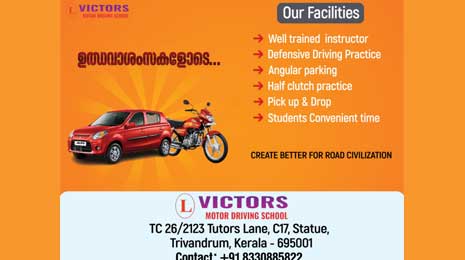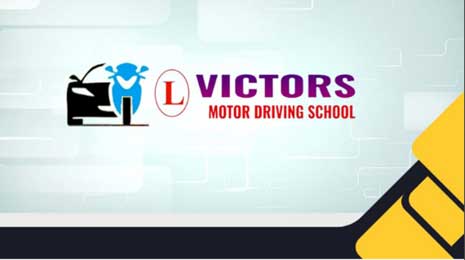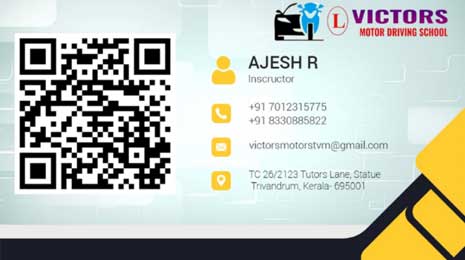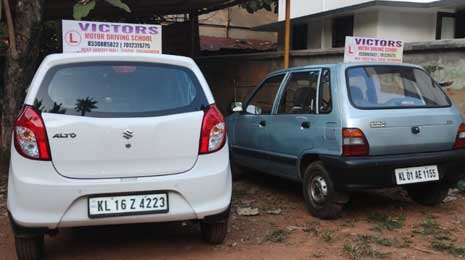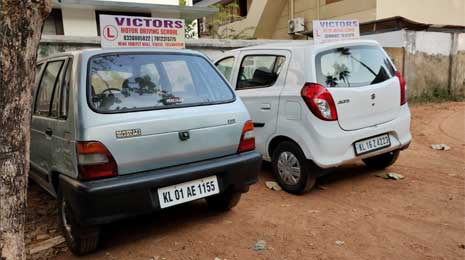Victors Motors Driving School, Palayam, Thiruvananthapuram
Victors Motors Driving School, Palayam, Thiruvananthapuram is one of the best in the field of Driving Schools in Palayam, Thiruvananthapuram.
Location, Overview and Description:
Victors Motors Driving School, Palayam, Thiruvananthapuram was established in the year 2023. Victors Motors Driving School, Palayam, Thiruvananthapuram is one of the best in the field of Driving Schools in Palayam, Thiruvananthapuram. This well established firm has become popular for its excellent service and customer orientation. With this excellent customer service, they succeeded in getting a huge base of customers, which is increasing day by day. The dedicated employees of the firm who are committed to their roles and customers, are always ready to extend their service to the customers, to achieve the vision and the larger goals of the company. The company aspires to extend their service to a larger clientele in the coming days. Located at one of the prime locations in the city, is yet aher advantage. As there are various mode of transport available to reach this location, there is absolutely no difficulty in reaching here. The prominent landmark is Opposite To Media City.
Services offered by Victors Motors Driving School, Palayam, Thiruvananthapuram:
We are one of the best in the field of Driving Schools in Palayam, Thiruvananthapuram. The working hours are from 06:00 AM - 06:00 PM.
